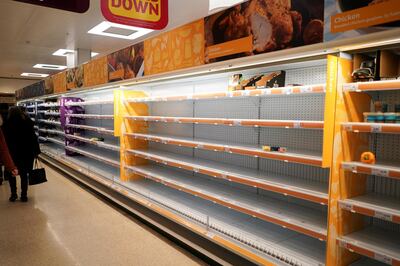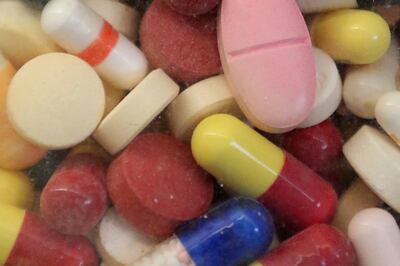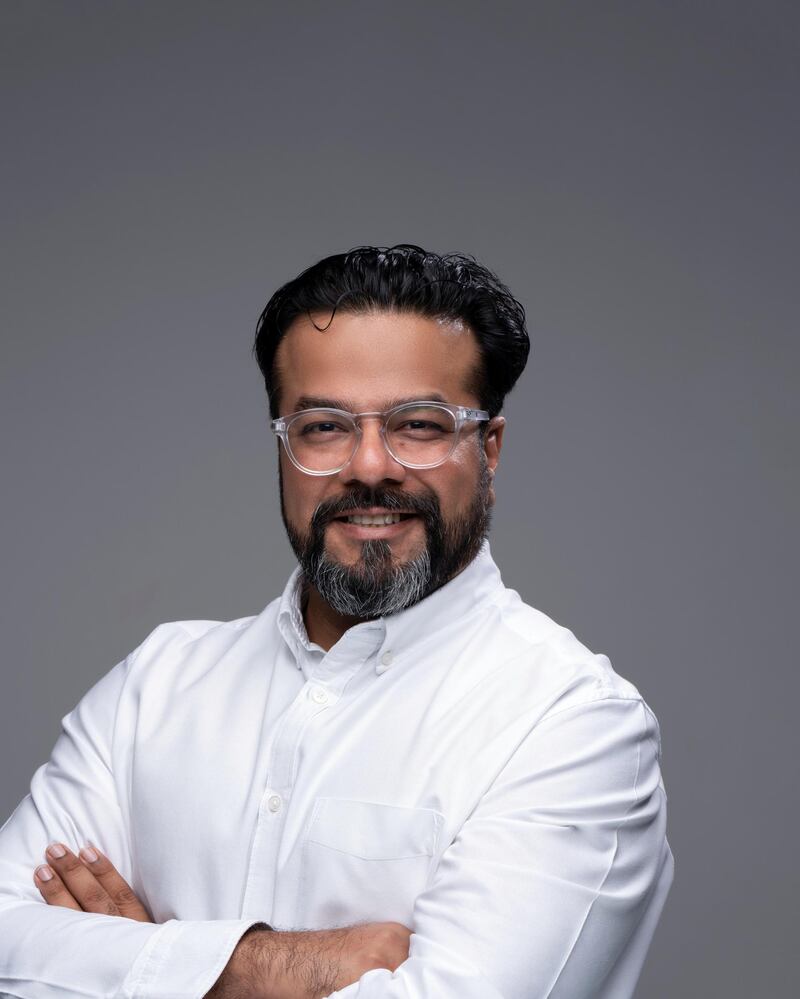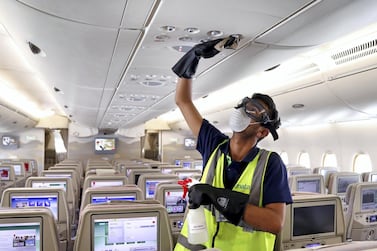Amid worldwide concerns over Covid-19, certain products have been flying off supermarket shelves over the past few weeks. Tesco in the UK took to rationing products such as dry pasta and tinned vegetables, fights over toilet paper have been going viral, while closer to home, UAE pharmacists have reported a demand for masks and hand sanitisers. But rather than panic buying, Ali Khawaja, a senior instructor at American University of Sharjah and a self-confessed "prepper", recommends keeping calm and practising restraint.
For those unaware of the wordplay, preppers are individuals who prepare for emergencies beforehand. While the term often comes with negative connotations, Khawaja says he simply falls into a category of people who believe in remaining informed – whether that means maintaining a nest egg or preparing for a pandemic.
The founder of www.expatprepper.org started the website to keep readers abreast of various contingency plans, notably financial literacy. However, due to recent circumstances and demand, Khawaja has cleaned up the site to exclusively address coronavirus-related concerns. We speak to him about why he believes that “if you’re prepared, you have nothing to worry about”.
How would you describe a prepper?
The word prepper comes from being prepared. Traditionally, when you think of the term, you have images of, say, the zombie apocalypse or a guy in a bunker with a two-year supply of food. Think of prepping as something as simple as taking an umbrella out with you in case it rains.
What are some topics your website has covered before?
I’ve been an expat my whole life. And when I started talking to people about being a prepper, discussions revolved around financial literacy, how much we should be saving, whether we should have a bank account back home, etc. It’s about how to be smart in terms of how you organise your life.
Did you ever prep for or foresee something like the coronavirus?
Yes and no. Living in the UAE, you don't really have to worry about a lot of things you see on the news. The government has everything under control. But you do hear people talking about a pandemic; Bill Gates predicted it years ago, saying it is something we as a species should worry about. And with air travel now becoming so affordable and frequent, the world has become very small.
With the case of Covid-19, what is the first thing people should keep in mind?
The first thing you need to do is educate yourself. There is a tonne of misinformation out there and the worst thing a person can do is say “My friend said”, followed by incorrect information they read from the Instagram post of an influencer who doesn’t know anything. There are legitimate resources out there – the World Health Organisation has a lot on its website. Visit reliable sources and read up. I think the second important thing for people to remember is to not panic because that’s when they tend to buy things that are useless. Lastly, it’s all about being smart. If the spread of the virus is happening via person-to-person contact, it makes logical sense to avoid public, crowded places, and keep a little reserve of food and water at home. That’s not because it will run out, but to reduce your frequency of going to the store.
How should we calculate how much food and water to stock?

The Federal Emergency Management Agency in the US has recommended keeping a three-day supply in case of emergencies. I would say keep a supply that makes you comfortable ... a 10-day supply is decent. To calculate the amount of food and water you'll need, you'll find online resources that will help. Water is really important, and an average conservative estimate is one gallon per person per day; having extra is good. I would recommend organising a filter on taps so you have a steady stream of drinking water.
In terms of food, the easiest way to calculate is in terms of calories needed, which differs from person to person. You also need to keep shelf life in mind when stocking up on foodstuff. Rice and wheat have a long shelf life, while canned goods can last a handful of years. Standard prepper items are dates, since they’re long-lasting and high in calories, and protein bars. Also, don’t go and buy canned goods you haven’t eaten before, just in case you are in a situation where you are self-isolating. You want food you are comfortable with.
What are some things people need not stock up on?
Perishable items. Bananas and strawberries are great, but they have a short shelf life. So does bread, although I know people can freeze bread and thaw it out later. Think about it in terms of storage – the purpose of the reserve is to sit there so you can carry on as normal. If and when a situation arises, you’ll have something to lean back on. The other thing people do is stock on up the wrong stuff – I’m talking about face masks, gloves and hand sanitisers. People get them even if they don’t know how to use them correctly. This goes back to educating yourself.
What are some important but often overlooked products?

Medication. If you’re diabetic or have any heart conditions, I recommend seeing a doctor and getting two weeks’ worth of extra supply. Most of these medications come with a month’s supply but, again, it’s a preventative measure and it helps to have extra. Other than that, you need to keep in mind everyday hygiene products – soap, toothpaste and shampoo.
You’ve been reiterating the importance of staying calm. Why is that an important message to send in today’s climate?
We have a blessing and a curse when it comes to social media. We have instant connectivity and we have [access to] terrible news that has not been validated and has zero credibility. It is our responsibility to be reliable consumers, and seek out quality information and news sources.












